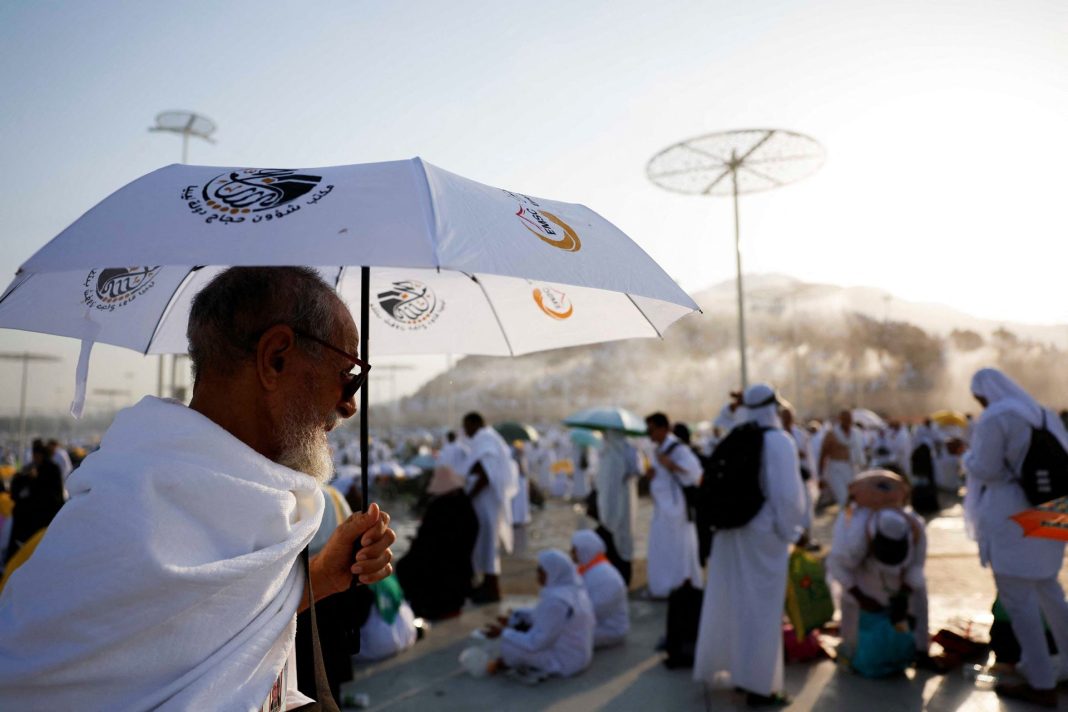AFP cited an Arab diplomat as saying that more than 658 of the total who died in Mecca were from Egypt, with an estimated 630 of them unregistered pilgrims.
Pilgrims who are not registered usually travel with a tourist or work visa, paying significantly lower fees to travel agencies, and do not benefit from Hajj packages that have become increasingly costly.
Egyptian Prime Minister Moustafa Madbouli ordered the withdrawal of the “licences of these companies, to refer their managers to the public prosecutor and to impose a fine on them for the benefit of the families of the pilgrims who died because of them”, his office indicated in a statement on Saturday.
Around 1.8 million pilgrims performed the Hajj this year, of whom 1.6 million were from abroad, according to Saudi authorities.
On the Day of Arafat, pilgrims spent the whole day near a hill known as Mount Arafat (the Mount of Mercy), where the Prophet Muhammad (PBUH) delivered his final sermon.
Saudi officials advised pilgrims to use umbrellas, stay hydrated and avoid exposure to the sun during the hottest hours.
The annual pilgrimage, which is one of the five pillars of Islam, is increasingly being affected by climate change. A recent Saudi study found that temperatures in areas where Hajj rituals are performed are rising by 0.4 degrees celsius each decade.
A senior Saudi official on Friday defended the kingdom’s handling of the pilgrimage, which officially ended on Wednesday.
“The state did not fail, but there was an error of judgement on the part of people who did not measure the risks incurred,” the official told AFP.
“This happened against a backdrop of difficult weather conditions and very severe temperatures.”
